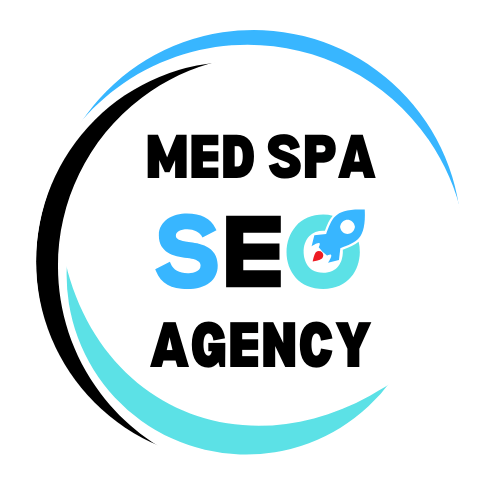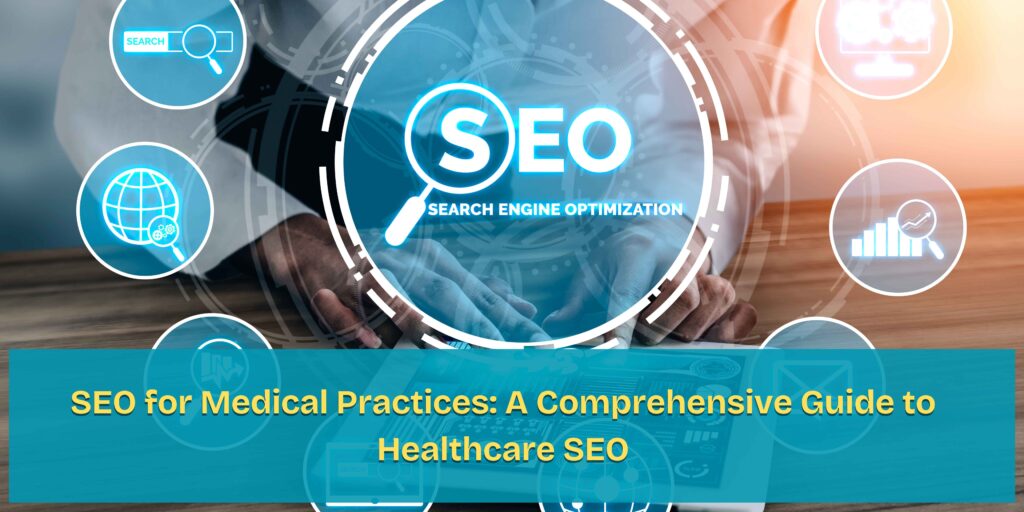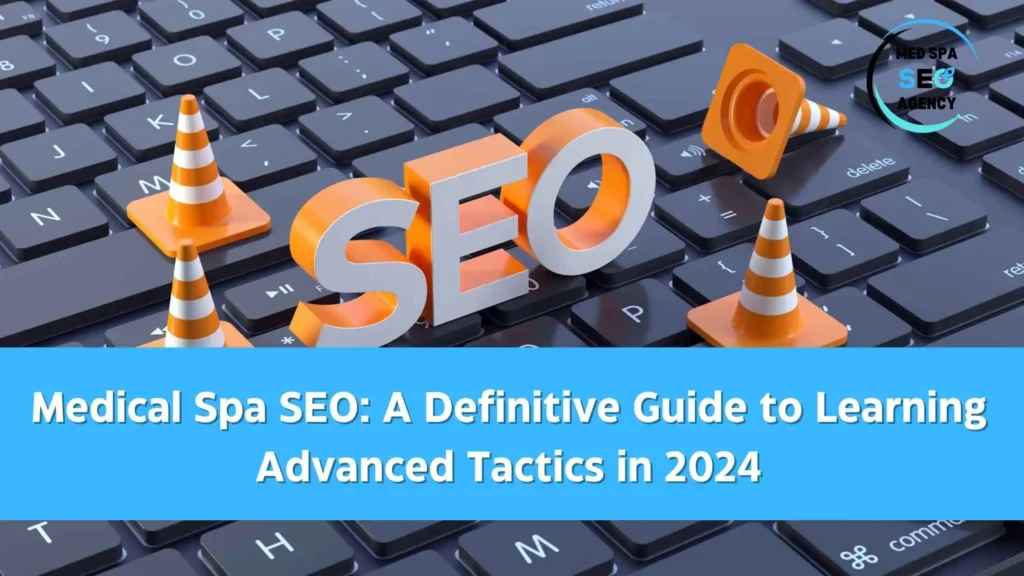SEO for Medical Practices: A Comprehensive Guide to Healthcare SEO
Nowadays, patients increasingly turn to the Internet to find medical information and services. For that, medical practices must leverage search engine optimization (SEO) to ensure their visibility and relevance. Where the healthcare audience gets their wanted service and information. We’ll explore here the importance of SEO for medical practices. As well as providing a comprehensive guide to healthcare SEO. Let’s get started reading. What is Medical SEO? Medical SEO, or search engine optimization, is the process of optimizing a medical or healthcare-related website to improve visibility and ranking on search engine results pages (SERPs). That means strategically incorporating relevant medical keywords into the content, meta tags, and headers of the website; the objective is to attract organic traffic. Content creation is important, underscoring top-quality, informative material that tends to meet patient requirements. Local SEO targets location-specific searches, guaranteeing medical services suppliers show up in local results. Technical perspectives, for example, versatile enhancement and site speed, are upgraded for a consistent client experience. Backlinking from legitimate sources improves the webpage’s power, while online reviews and reputation management by the executives add to its believability. The strategy is complemented by social media integration, which increases traffic and encourages engagement. In general, medical SEO’s main target is to improve patient acquisition through search engine visibility and establish a strong online presence for healthcare providers. Is Medical SEO Really That Important? Medical SEO is the most important way for healthcare providers to gain ground in the digital age, combining increased visibility, targeted marketing, and patient trust for effective online patient achievement. For your better concern, below we make a table of the importance of medical SEO. Importance of Medical SEO Detailed Information 1. Increased Visibility Medical SEO is essential for healthcare providers, as it significantly increases the online visibility of their services. As well as making them more accessible to potential patients searching for relevant information. 2. Patient Achievement An effective medical SEO strategy directly contributes to patient achievement by attracting a targeted audience actively seeking medical information and services. 3. Credibility and Trust By optimizing content, local SEO efforts, and positive online reviews, medical SEO helps build credibility and trust. 4. Competition in the Digital Space With a rising number of individuals depending on the Web for medical service data, suppliers need to contend in this advanced space. They stand out from their rivals thanks to medical SEO. 5. Targeted Marketing Medical SEO allows for the vital focus of specific medical keywords and local socioeconomics, making sure that the site reaches the perfect crowd at the ideal time. What Makes Medical Search Marketing Special? There are many factors, characteristics, and considerations that make medical search marketing special. Below, we gather the special factors. Regulatory Adherence To ensure compliance and protect patient privacy, medical search marketing begins by navigating stringent healthcare regulations like HIPAA. Trust Building Through authoritative content creation, positive online reviews, and the development of a solid online reputation, a particular emphasis is placed on establishing credibility and trustworthiness. Demographics Medical search marketing recognizes and addresses the diverse healthcare requirements of various patient groups by tailoring strategies to specific demographics. Local SEO Optimization Medical search marketing optimizes local SEO to increase visibility within the community because it recognizes the significance of local searches in healthcare decision-making. Appointment Integration Working with a consistent patient excursion by coordinating elements that improve arrangement planning empowers smooth progress from online examinations to in-person visits. Three Important Elements of Medical SEO Three important elements of medical SEO include on-page SEO, off-page SEO, and technical SEO. Here, we provide a short description of each element. On-page SEO By including relevant medical keywords, creating high-quality content, and optimizing meta tags and headers, on-page SEO focuses on optimizing individual web pages for search engines. Enhancing the user experience, ensuring readability, and providing patients with useful information are all part of it. Off-page SEO Off-page Search engine optimization includes building the site’s position and validity through outer factors, for example, backlink building, virtual entertainment presence, and online surveys. The medical website’s overall reputation is bolstered by reputable backlinks and favorable reviews on healthcare platforms. Technical SEO The backend of a website is the focus of technical SEO, which ensures mobile responsiveness, site speed, and optimal performance. Better search engine visibility is aided by structured data, well-organized site structure, and appropriate HTML markup. A comprehensive medical SEO strategy brings relevant patient traffic to a healthcare provider’s website and enhances their online presence. How to Rank on Search Engines: Step-by-Step Without perfect SEO, you can’t rank your website and won’t get organic traffic. For perfect SEO, you should follow some specific rules and regulations. For your easy understanding, here we have described the full guide, step-by-step to ranking your websites on search engines. On-page SEO Guidelines Keyword Research Start by doing in-depth keyword research on topics related to healthcare. Find relevant keywords, get a lot of traffic, and match your content and audience. Integrate strategic keywords naturally into your content once you have a list. Write and Publish Keyword Focused High-quality Content Based on your keyword research, create and publish high-quality, informative content. Make certain that the content meets the requirements of your intended audience and provides useful information. Create content that is of high quality, informative, and interesting and is centered on the identified keywords. Focus on the client experience and guarantee that your substance is significant and straightforward. Google rewards content that is well written, so putting in the time and effort to write informative blog posts or articles can significantly improve your on-page SEO. Optimize Title Tags, H Tags, and Meta Descriptions Optimize important on-page elements like meta descriptions, title tags, and H tags. Ensure that your titles are both convincing and incorporate essential catchphrases. To make it simpler for search engines to comprehend the structure of your content, your H tags should provide a distinct hierarchy. Create meta descriptions that are both succinct and compelling, describing the content of the page and encouraging users to click. Add LSI


